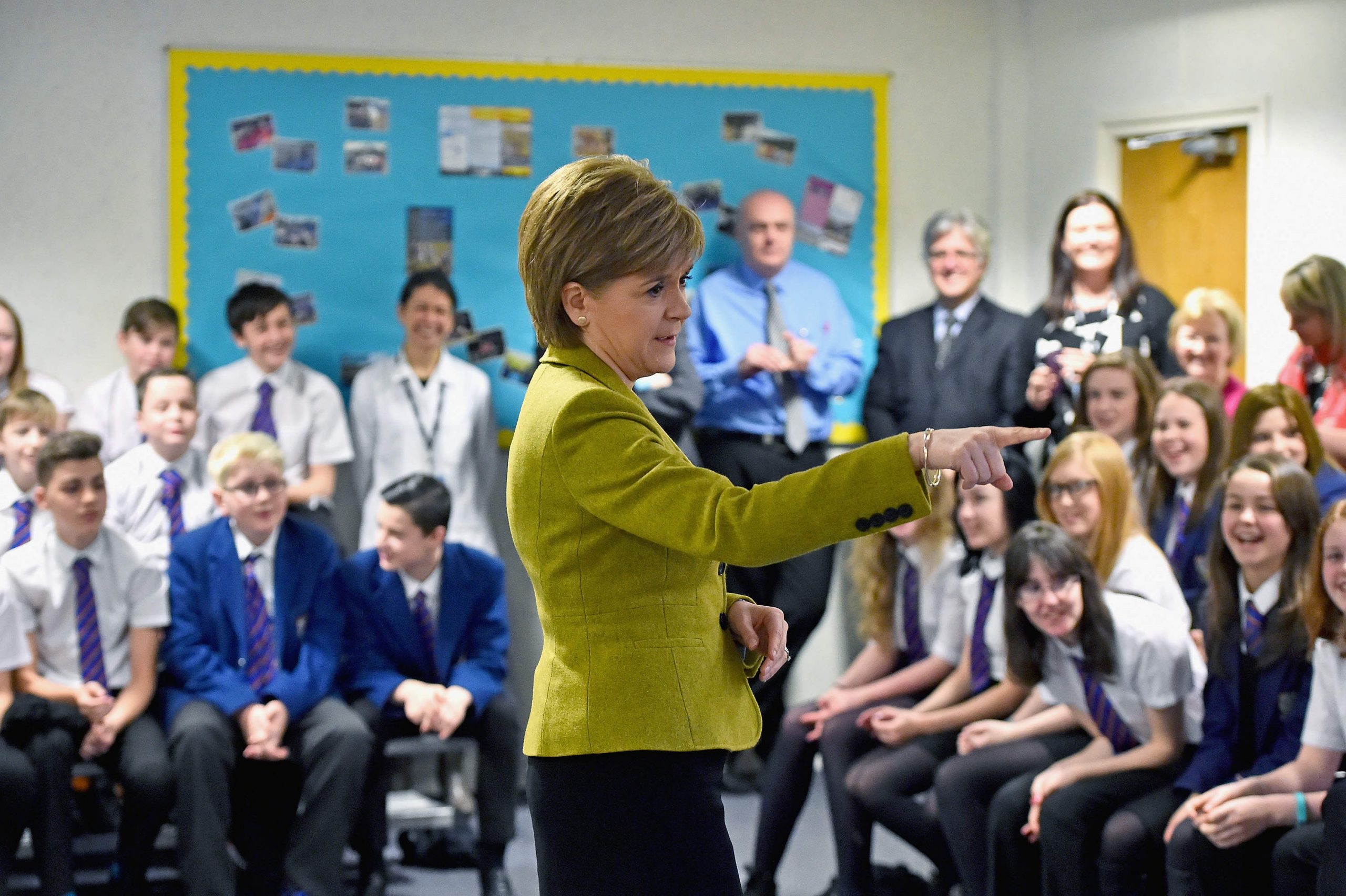
In the end, of course, it’s about whether you do or don’t have that burning desire to make a difference. Effective, radical education reform is horrible: bruising, attritional and at times zero-sum. Those politicians who deliver – think Andrew Adonis and Tony Blair, Michael Gove and David Cameron – do so in a climate of hostility, character assassination, and constant subversion by the education establishment, among the most conservative special interest groups in the country. That’s why the difference between success and failure often comes down to an individual’s possession of fierce moral mission, of an indefatigable commitment to drive through innovations that will in time benefit children and parents, if not union leaders.
It’s been a tough journey in England, where academies, free schools, the London Challenge, Teach First and other once-controversial programmes have helped reduce the attainment gap in some of the country’s toughest areas. But Scotland has barely taken baby steps. A succession of first ministers and education secretaries has proved too timid to challenge the McBlob, the Jabba-like agglomeration of teaching unions, native “experts” and training institutions that has for decades blocked meaningful change. Down south, even moderate reformers who are reluctant to use the “Blob” phrase about the English education establishment happily apply it to Scotland.



